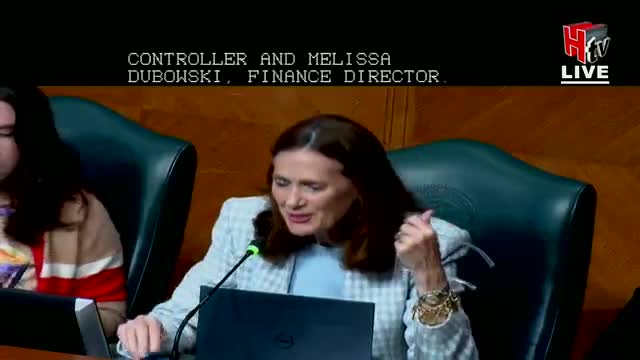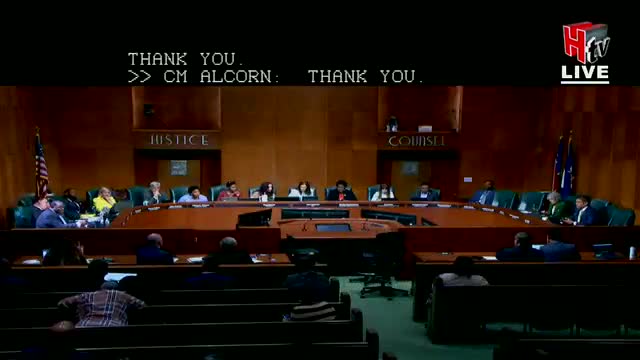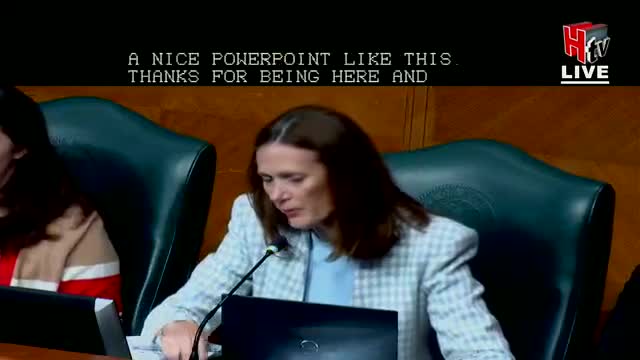Article not found
This article is no longer available. But don't worry—we've gathered other articles that discuss the same topic.

Houston staff raise FY25 sales-tax forecast; city projects hundreds of millions in fund balance

Houston unveils draft $314 million CDBG-DR24 action plan emphasizing power resilience, emergency vehicles and homelessness services

